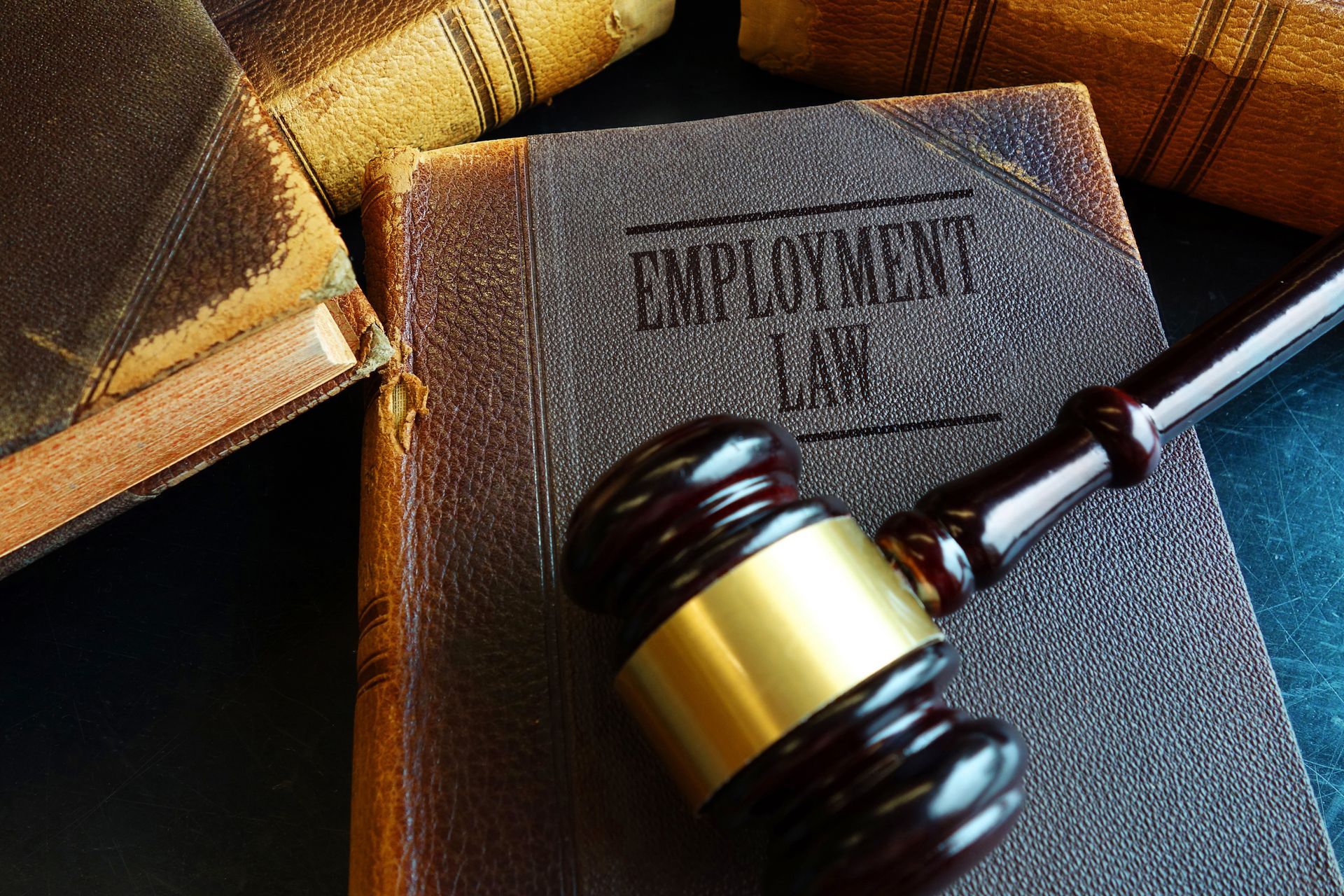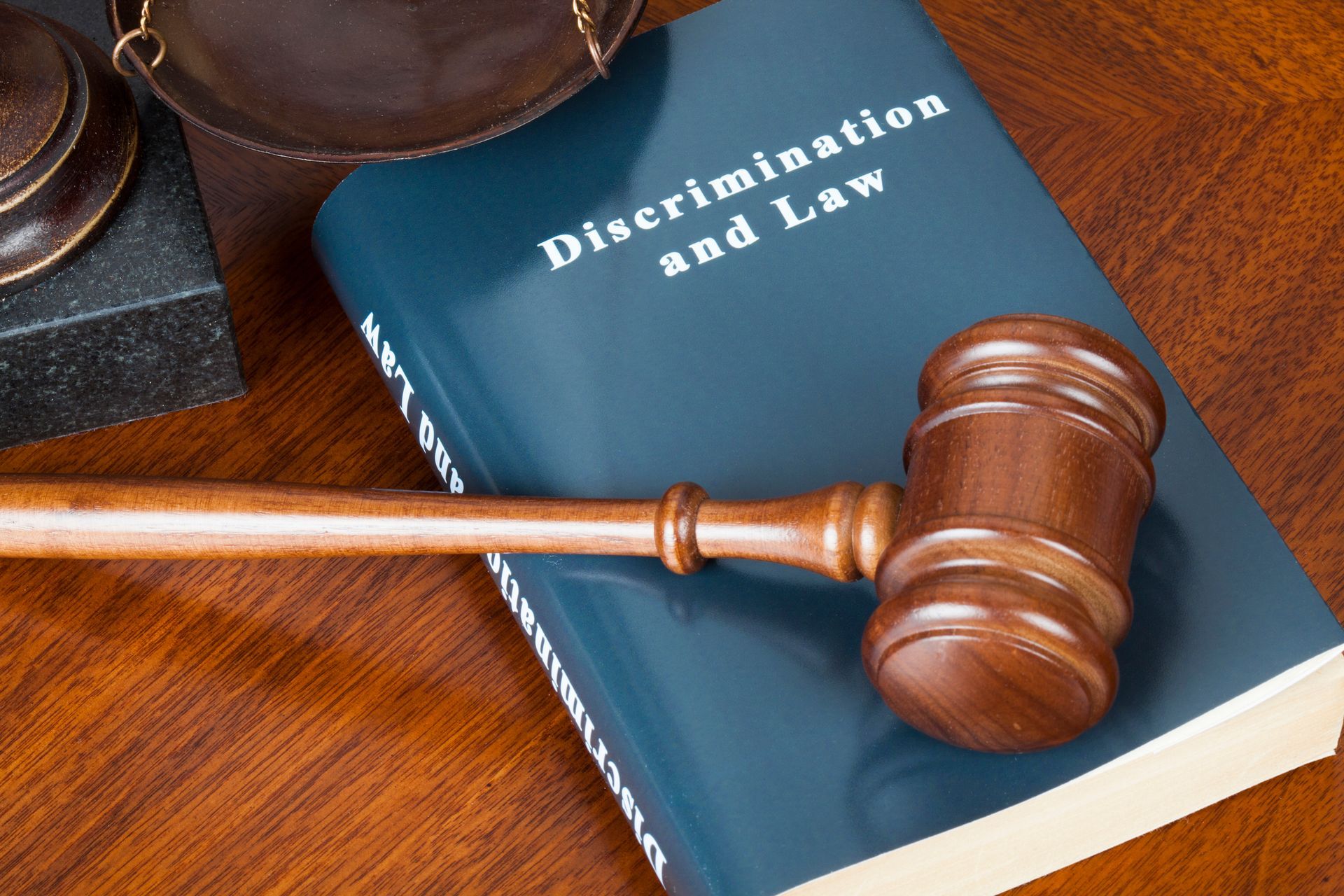What You Need to Know About Wrongful Termination

Do you suspect you've been wrongfully terminated? Wrongful termination is a familiar concept for many people, but it's one about which many misconceptions also exist. To help you determine if you have a case to receive some type of recompense for your termination, read on to learn some answers to common questions about wrongful termination.
What Is and Isn't Wrongful Termination?
In general, wrongful termination occurs when an individual is terminated because of discriminatory practices regarding a legally protected right.
For example, a person who is terminated because they became pregnant may have a case for wrongful termination because pregnancy is a protected class under labor laws in the U.S. However, if the terminated employee was fired for poor work output and just happens to be pregnant, the termination may not be wrongful.
What Types of Actions Cause Wrongful Termination?
Most states, including Alabama, follow the concept of “at-will” work. This means that an employer can terminate an employee at any time and for most reasons. However, doing so due to discrimination of protected rights makes it unlawful. What are some ways discrimination shows up in wrongful termination? A few of the most common include the following examples:
- A worker over age 45 who is terminated to save the company money or avoid paying retirement benefits
- A person who is terminated due to their gender, sexual orientation, race, religion, or ethnicity
- An employee who lodged an internal complaint and was terminated in retaliation
- A whistleblower who reported labor law or safety violations to oversight agencies and was fired
- A person whose work environment was made so hostile that they quit — an act known as constructive termination
As more groups have received protected status, more workers may find themselves with protection in cases like these. However, many Americans still may not fully understand if they are covered by employment discrimination laws. And employers often try to hide their discriminatory behavior by using excuses that are not protected, such as arbitrarily punishing an employee for small slights.
What Can You Do About Wrongful Termination?
Does your case seem to fall into the category of wrongful termination? If so, you might get help in one of several ways.
The first may be to get your job or position back. By asserting your employment rights, you might find that your employer would rather undo the damage than face an expensive lawsuit or be reported to employment agencies. While returning to the employer isn't everyone's goal, it may be yours.
You likely also have grounds to lodge complaints with your state labor board or federal oversight agencies such as the Department of Labor's whistleblower protection program. While this route may or may not result in financial compensation for you, it can help build a stronger case in civil court and prevents the employer from continuing wrongful practices.
Finally, you may choose to sue your previous employer for monetary compensation — including both lost wages and additional damages — due to their wrongful termination. This is the most likely way to get the income replacement you deserve, but this course requires the most time, investment, and effort.
So if you have a strong case and may lose significant income now or in the future, this may be necessary.
Where Can You Learn More About Wrongful Termination?
The best place to begin learning more about a possible wrongful termination is by meeting with an experienced employment attorney in your state. Alabama employees should contact Allen D. Arnold Attorney at Law immediately. We'll help you assess your situation, learn which laws may help you, and formulate a plan of action. Call today to make an appointment.
Alabama Rules of Professional Conduct Notice: No Representation is made that the quality of legal services offered is greater than that of other lawyers. The information contained on this website is not a substitute for legal advice, and reading it does not create an attorney-client relationship.









